Welcome to the 3,290 new members of the curiosity tribe who have joined us since Friday (🤯). Join the 61,177 others who are receiving high-signal, curiosity-inducing content every single week.
Today’s newsletter is brought to you by Revelo!
If you’re a growing technology company, chances are you’re struggling to find talented developers right now. It’s a massive problem.
Revelo is your solution—the largest talent platform to match you with vetted full-time remote developers in Latin America who work in US time zones. It offers an all-encompassing platform that covers payroll, benefits, compliance, and more, allowing you to hire full-time remote developers without the logistical headaches.
Revelo helps companies like GitHub, Intuit, and Carta hire faster, so they can grow faster! Get matched with vetted candidates within 3 days—guaranteed. They even offer a 100% risk-free 14-day trial. If you’re not satisfied, you pay nothing.
SPECIAL OFFER: Revelo is offering Curiosity Chronicle subscribers 20% off the first 3 months of any hire! Use the link below to take advantage of this crazy deal!
Today at a Glance:
Goal setting is everywhere—we all set goals, but very few do it well. Why? Goal setting is equal parts art and science—it’s a craft that must be honed like any other.
The new framework for goal setting involves five core steps: (1) Set the Stage, (2) Identify BHAG, (3) Work Backwards, (4) Establish Process Goals, (5) Track & Adjust.
It’s critical to avoid goal competition and paralysis. To stay focused, the framework only allows for 1 BHAG (Big Hairy Audacious Goal), 1 connected medium-term goal, and 2-3 daily process goals per category.
The Goal Setting Guide
Well, we made it. Welcome to 2022!
2021 had a whole lot of twists and turns, but if you’re reading this, you managed to navigate them all and come out on the other side. Congratulations on surviving another year in this crazy simulation we call life.
Pardon the cliché, but a new year signifies a new opportunity. It’s officially time to look ahead to the opportunity before us, plant a stake in the ground, and attack 2022 with boundless energy.
Hopefully you rested up over the holiday break, because it’s time to go…
An Intro to Goal Setting
From a young age, we are taught to set goals—first for our grades and athletic endeavors, next for our careers, and last for our health and lives.
Goal setting is everywhere—we all set goals, but very few do it well.
Take me as an example. I'm very goal-oriented. But I've set—and then failed to achieve—many over the years. I would start the new year with an ambitious set of goals and then slowly fall short on most of them.
Discouraged, I started reading more on goal setting to understand why…
What I’ve learned: Goal setting is equal parts art and science—it’s a craft that must be honed like any other. Most importantly, there is a clear framework for successful goal setting—a better way.
Put simply, consistent goal achievement is never an accident.
In this piece, I will share my new framework for goal setting.
Goal Setting: A New Framework
First, it’s worth pointing out that most of us struggle with the same set of issues with respect to goal setting.
The most common issues:
Too Many: Goal competition occurs, with goals effectively competing against one another for your time and mindshare.
Too Loose: Weak, unstructured goals lacking clear metrics or time bounds.
Not Tied to Actions: Lack of clear process actions to achieve them.
Unfit Environment: Environment unsuited for consistent execution.
If you've struggled with goal setting (like me), chances are one of these issues is to blame.
But let’s get to the better way—a new framework for goal setting that will allow you to set and smash your goals for 2022.
It involves five core steps:
Set the Stage
Identify BHAG
Work Backwards
Establish Process Goals
Track & Adjust
The general framework is fixed, but its application is intended to be dynamic and iterative.
Let's dive right in…
Step 1: Set the Stage
In the first step, you’ll establish the categories that you'll be building goals around.
For me, it’s three:
Personal
Professional
Health
Note: I find that covering these three areas forces progress in all major domains of my life, but some people will likely prefer a more narrow focus with just one. That’s totally fine!
Within each category you choose, you only have room for:
1 BHAG (Big Hairy Audacious Goal): Your big, bold goal.
1 Connected Medium-Term Goal: Interim goal on the path to the BHAG.
2-3 Daily Process Goals: Daily actions and habits.
That's it—that’s all you’re allowed. Nothing more. The clarity and simplicity this limitation forces is a core feature of the framework.
Step 2: Identify BHAG
Your BHAG—Big Hairy Audacious Goal—is exactly what it sounds like. It should be big and ambitious (but stop short of being completely ridiculous).
Think of this as your North Star for the year.
It's the metaphorical poster on your wall—motivating on an abstract macro scale, but perhaps too grand and scary to be motivating on a micro daily basis.
Remember: You can only have one BHAG within a category! In my case, that means one professional BHAG, one personal BHAG, and one health BHAG. Too many and you get goal competition and paralysis.
Crystallize your BHAGs.
Write them down, print them out, put them on your wall if you want. Whatever works for you.
Step 3: Work Backwards
Step 3 forces you to confront and manage a goal setting reality: BHAGs are great for vision, but TERRIBLE for guiding short and medium-term actions.
To manage this, work backwards from the BHAG to identify one medium-term goal that is connected to it.
If you imagine your year as a mountain and your BHAG is the summit, the connected medium-term goal is a mid-climb campsite. You can’t reach the summit without reaching this point—all roads lead directly through it.
Note: There are time considerations to this step. If your BHAG is an annual goal, you may want to establish a new connected medium-term goal on a rolling quarterly basis. You don't need to plan the connected medium-term goals ahead of time. Be dynamic and flexible about these.
Step 4: Establish Process Goals
Process goals are the key to the entire framework.
What are the 2-3 daily actions that you would need to take to create tangible, compounding progress? These should be the SIMPLEST daily actions. The "atomic units" of progress in a given arena.
A few simple examples of process goals for different areas:
Writing: 30 minutes of daily focused writing.
Fitness: 30 minutes of movement per day.
Health: No processed foods on weekdays; no alcohol on weekdays.
Whereas the BHAG and medium-term connected goals are generally results-focused, the process goals are inputs-focused. These are the daily deposits you are going to make into the bank. The tiny daily actions that compound to create massive long-term results.
My friend James Clear calls the daily process goals the "oars" that move your boat, while the BHAGs and medium-term goals are the "rudders" that set the direction.
I love this.
He also points out that daily process goals are most effective when fixed to a time or action that makes them easy to structure and regiment—“habit stacking" in his words.
Examples:
I'll drink 16oz of water when I wake up.
I'll journal 30 minutes before bed.
I’ll do 25 pushups when I get out of bed.
Simple, effective.
Remember: Never establish more than three daily process goals within a given category. It’ll be overwhelming and increase your likelihood of burning out along the way.
Step 5: Track & Adjust
The daily process goals should be easy to track and adjust.
Jerry Seinfeld would famously hang a huge calendar on his office wall and use a red marker to put an X over every day that he completed an hour of writing. It wasn't about the writing being good, it was simply about the daily action.
This may work for some people, but not for others. Find what works for you.
Leverage community to hold you accountable on your journey. There’s nothing more powerful than community when it comes to goal setting and achievement. Create a Google Sheet and track your process goals with others. Forced accountability is a powerful weapon in your arsenal!
Avoid becoming dogmatic—allow yourself to adjust as needed along the way.
A few common adjustments that you may find useful:
Downward Adjustments: Overly-ambitious daily process goals should be adjusted down. When in doubt, set them to be overly-achievable. The human psyche responds well to wins—manufacture them early and benefit later.
Environmental Adjustments: Environments that are unsuited to achieving daily process goals should be adjusted. If my daily process goal is to eat a balanced, nutrient-dense breakfast, a kitchen full of junk is an environment unsuited to my goal. Deliberately adjust your environments to match your goals.
The goals we track and adjust are the goals we achieve.
Illustrative Example
To bring this to life, let's look at an illustrative example for a hypothetical newsletter writer that’s just getting started with a new newsletter.
BHAG: 50K subs by year-end. This is extremely ambitious, but it’s not ridiculous. With daily, dedicated effort, it’s possible.
Medium-Term Connected Goal: 5K subs by Q1. Rolling quarterly goals established in future might be 15K by Q2, and 30K by Q3.
Daily Process Goals:
30 min of reading each AM—to fill the content engine!
60 min writing after lunch—to create consistent content!
As you might have noticed, this example wasn’t based on a hypothetical newsletter writer—it was based on me! I’m happy to say I achieved my BHAG. The framework works…if you do.
To summarize, my framework for highly-effective goal setting:
Set the Stage
Identify BHAG
Work Backwards
Establish Process Goals
Track & Adjust
I hope this helps you set and achieve your goals in 2022. Let’s crush it!
Additional Resource: A Twitter follower was kind enough to put together this Notion board to help you work through this framework with your goal setting for the year. Big shoutout to Naitik for the work on this!
Where It Happens Podcast
The Unlimited Potential of Web3 with Alexis Ohanian
Watch it on YouTube and listen to it on Apple Podcasts or Spotify. Want more? Join the 3,000+ in our unique community on Discord.
New episode with the legendary Gary Vaynerchuck drops this week! Subscribe so you don’t miss it…
Special thanks to our sponsors for providing us with the support to bring this episode to life.
Why settle for the old model of investing when new options offer you so much transparency to help you grow your wealth? Commonstock is the home of smart money and an innovative social media approach to investing. We both love the platform and have used it to enhance our financial strategy.
Commonstock is a social media platform like Reddit, but it removes anonymity and adds transparency. The app lets you see what smart money investors are buying and selling – in real-time – all while letting you see their reason why. This way, you know whether investors have skin in the game, or whether they only talk a big game. It’s a great way to get insights that support your investing strategy.
To learn more and sign-up today go to commonstock.com.
If you’re a founder, Mercury is the banking product you need. Traditional banking is broken. Everything from the UX to the complexity of the benefits you care about most.
Mercury is disrupting the old model. They offer FDIC-insured bank accounts, virtual and physical debit cards, international and domestic wires that are free to send, 3-click payment flows, and more. We personally use Mercury for our business banking with the podcast and Sahil is an investor.
Get started in minutes from anywhere.
Sahil’s Job Board - Featured Opportunities
Pallet - Special Projects Intern
Real Vision - Full Stack Developer
Human Capital - Associate
Tango - Product Designer, Product Manager
Filebase - Filecoin Engineer
The full board with 30+ other roles can be found here!
P.S. I’m looking for an ambitious individual to run my job board. Extremely attractive compensation opportunity for the right candidate. Email me for more info if you’re a fit.

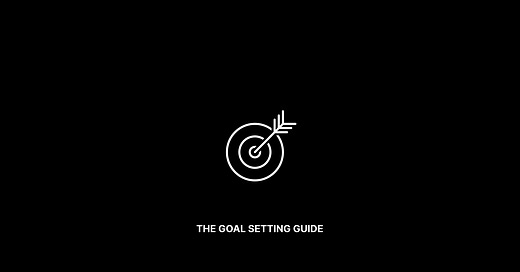






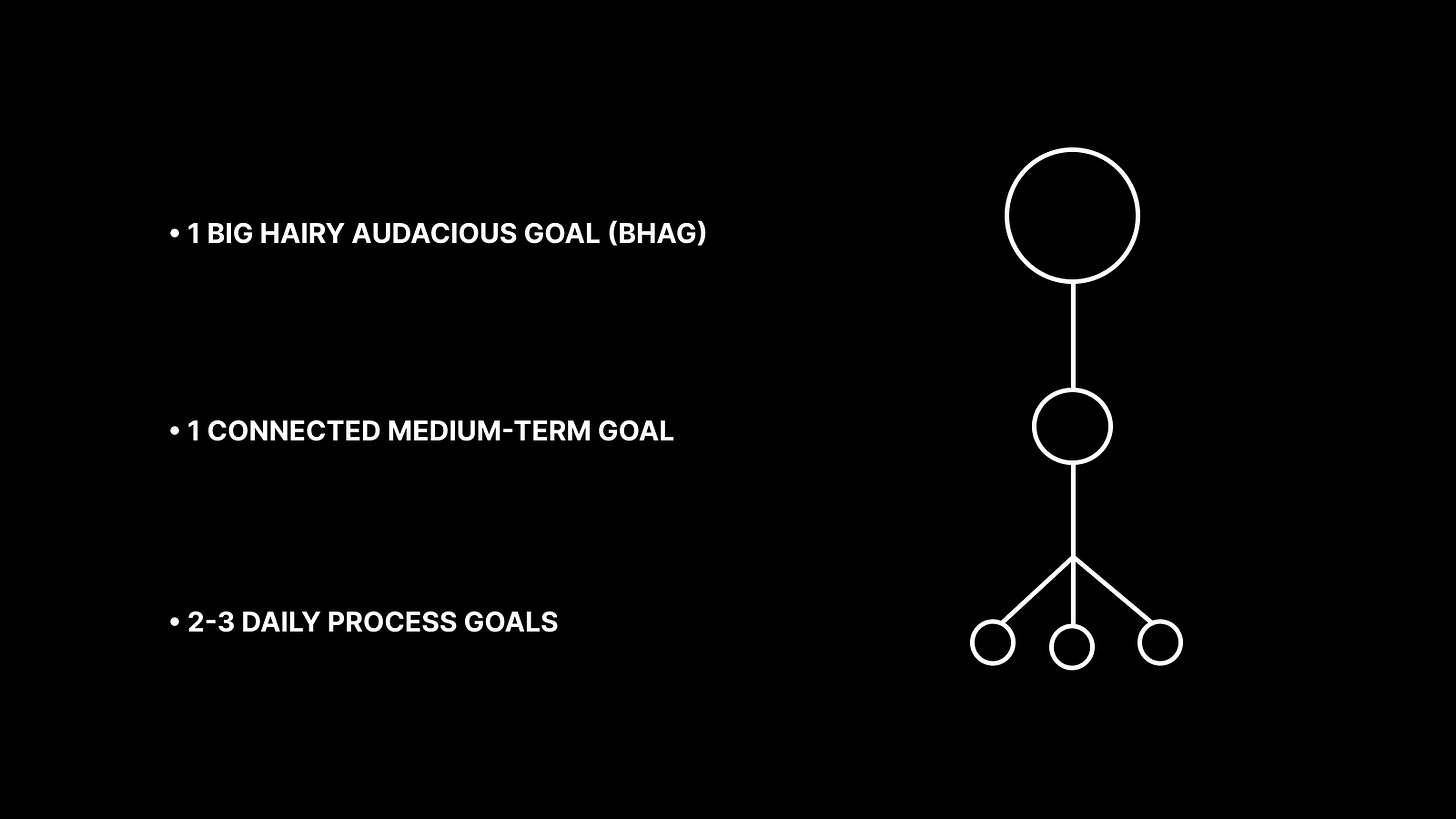
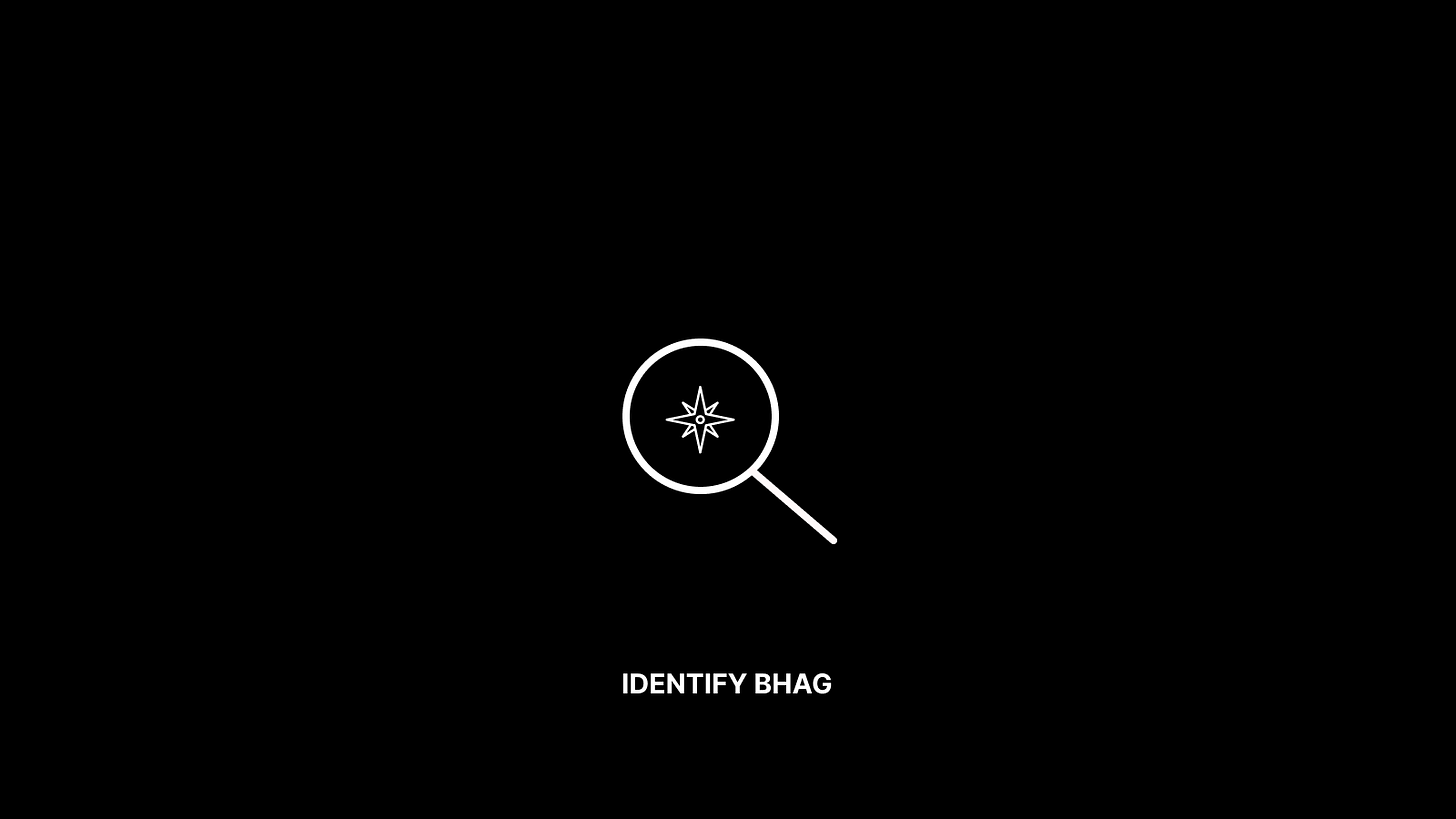
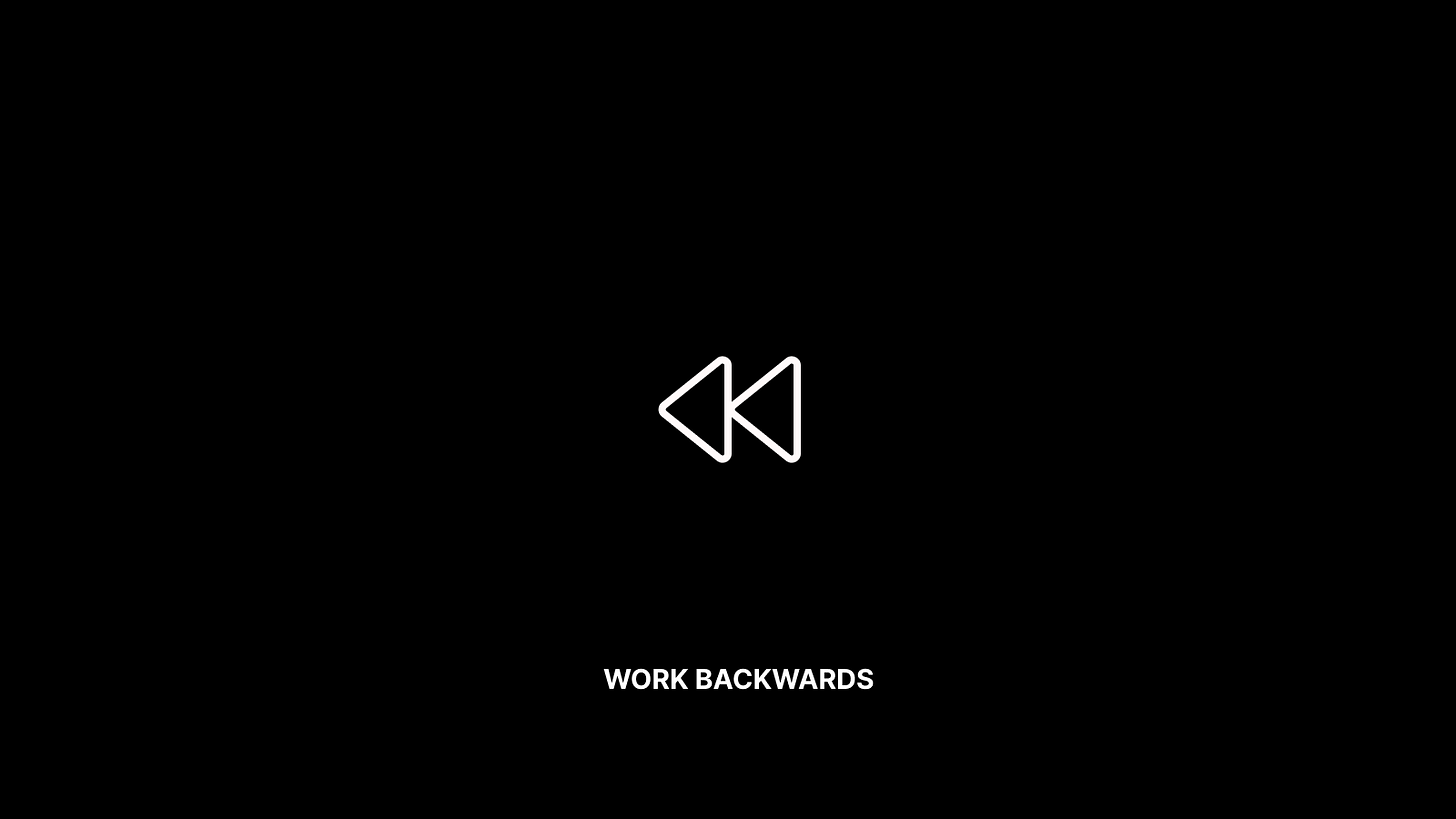
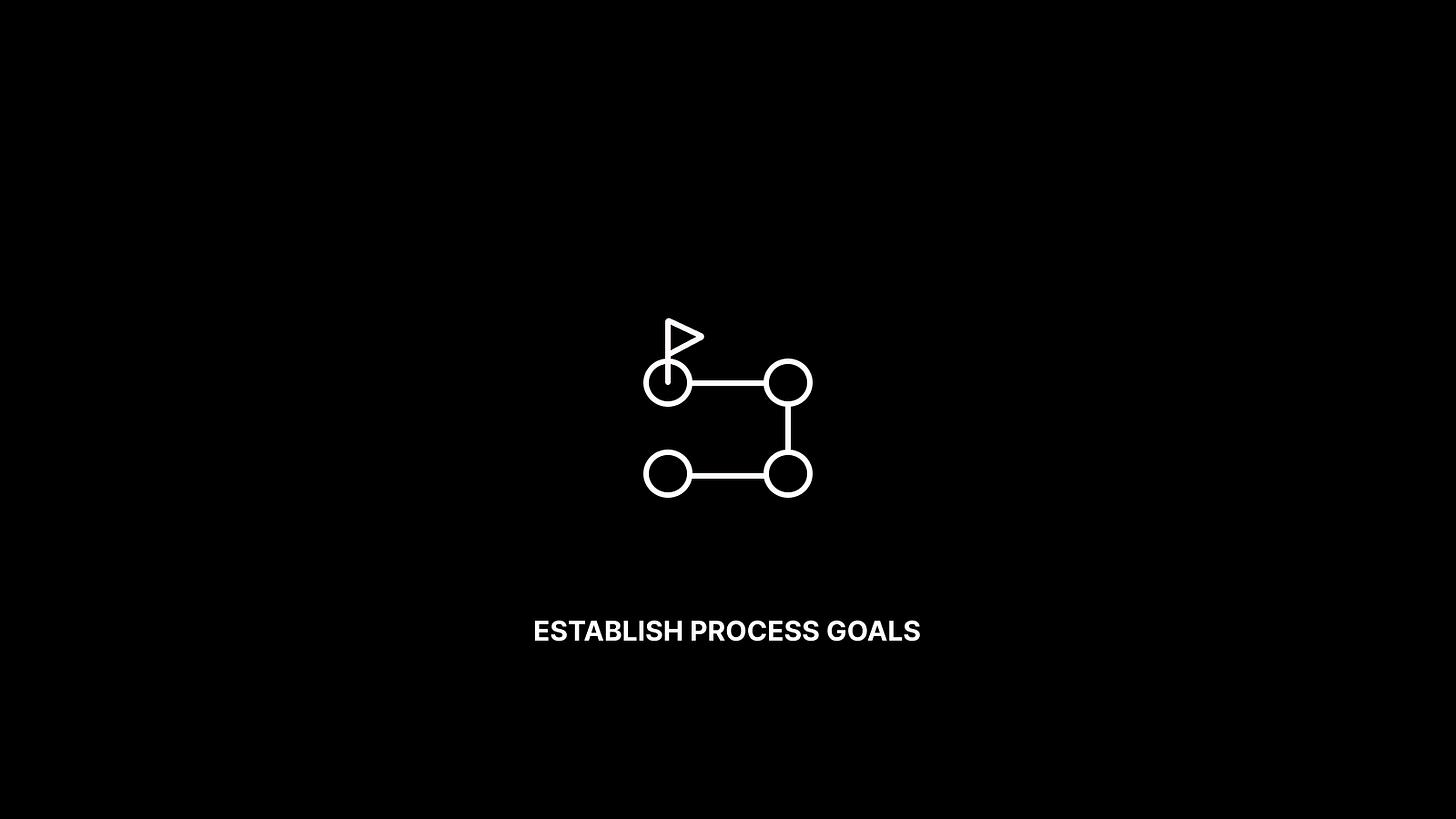

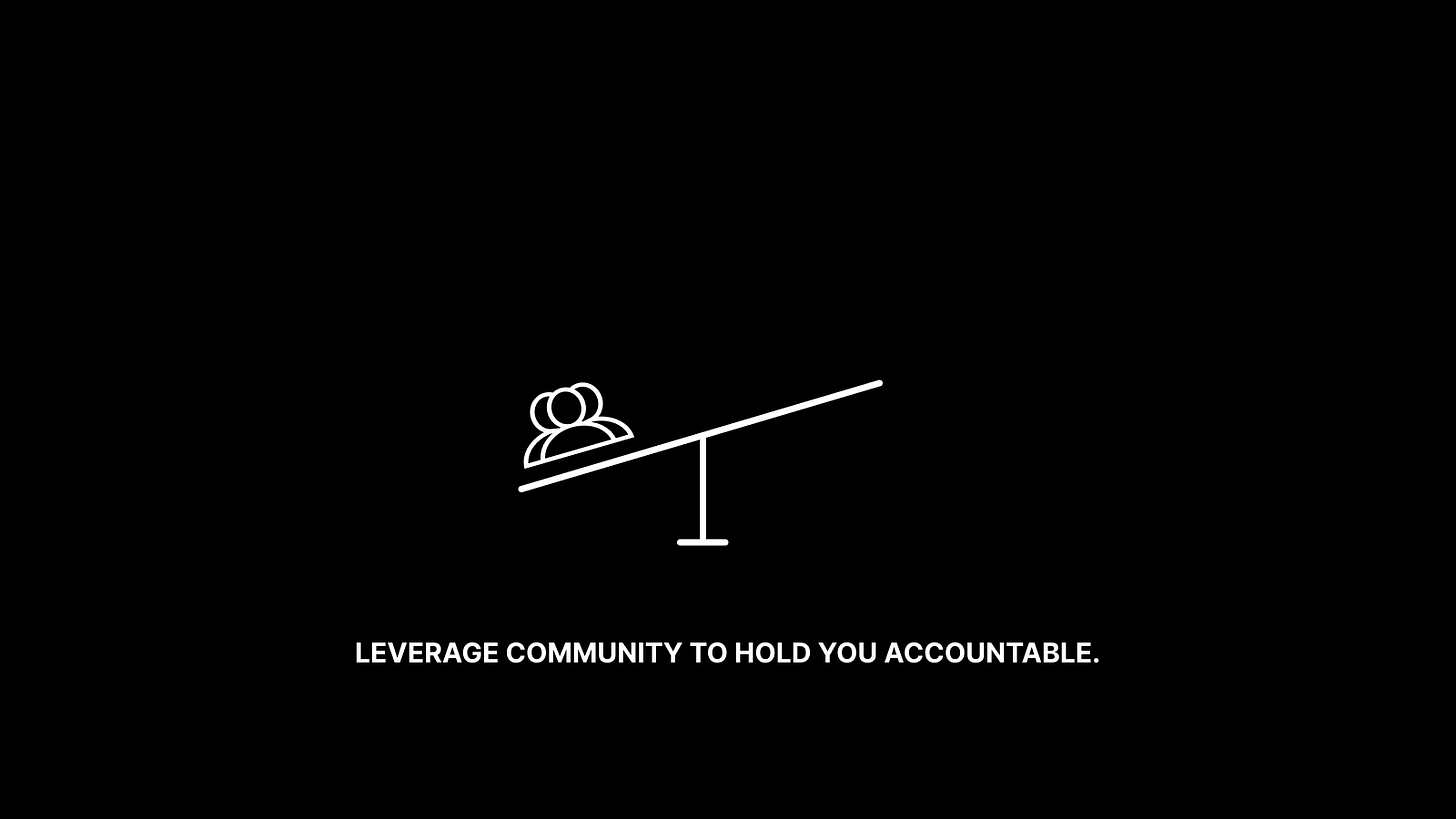
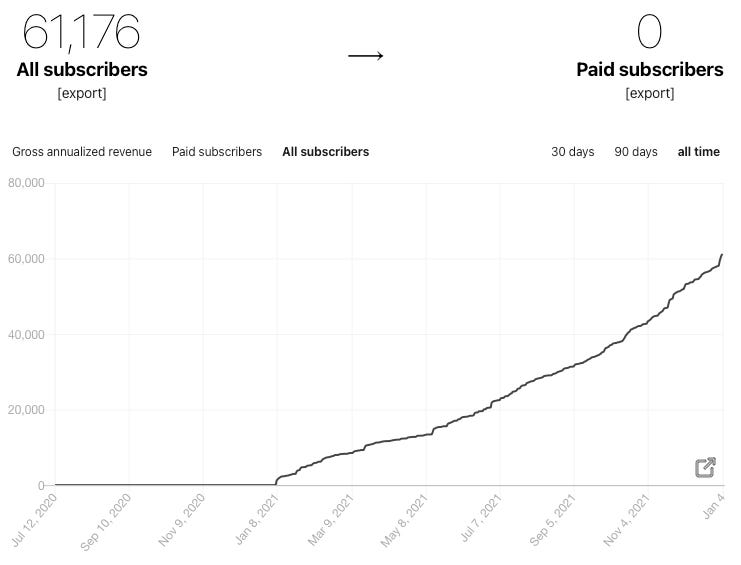
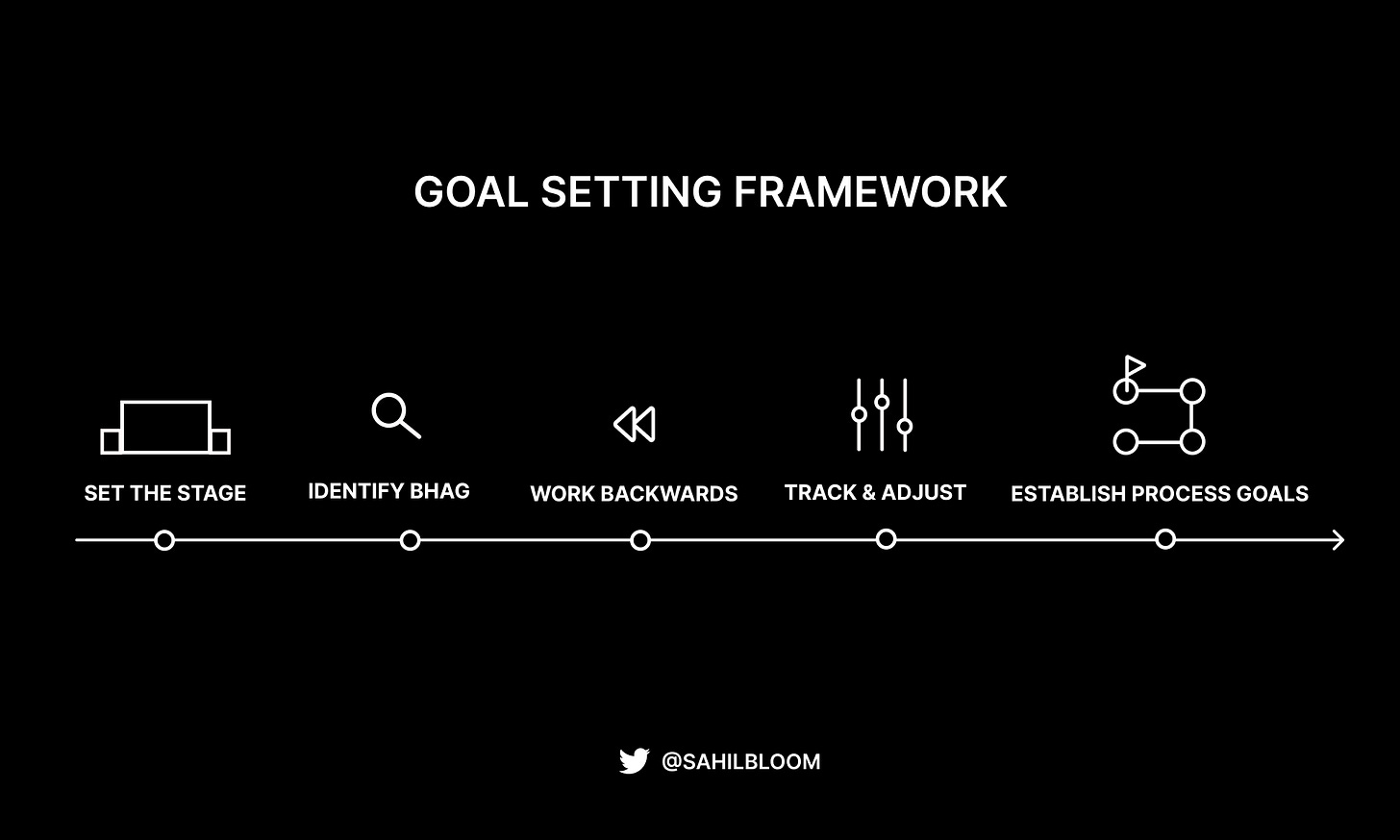






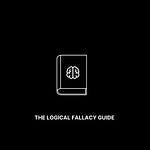
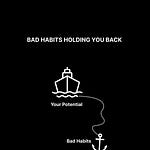

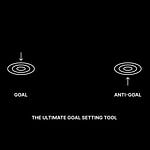

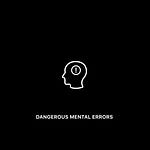
Share this post